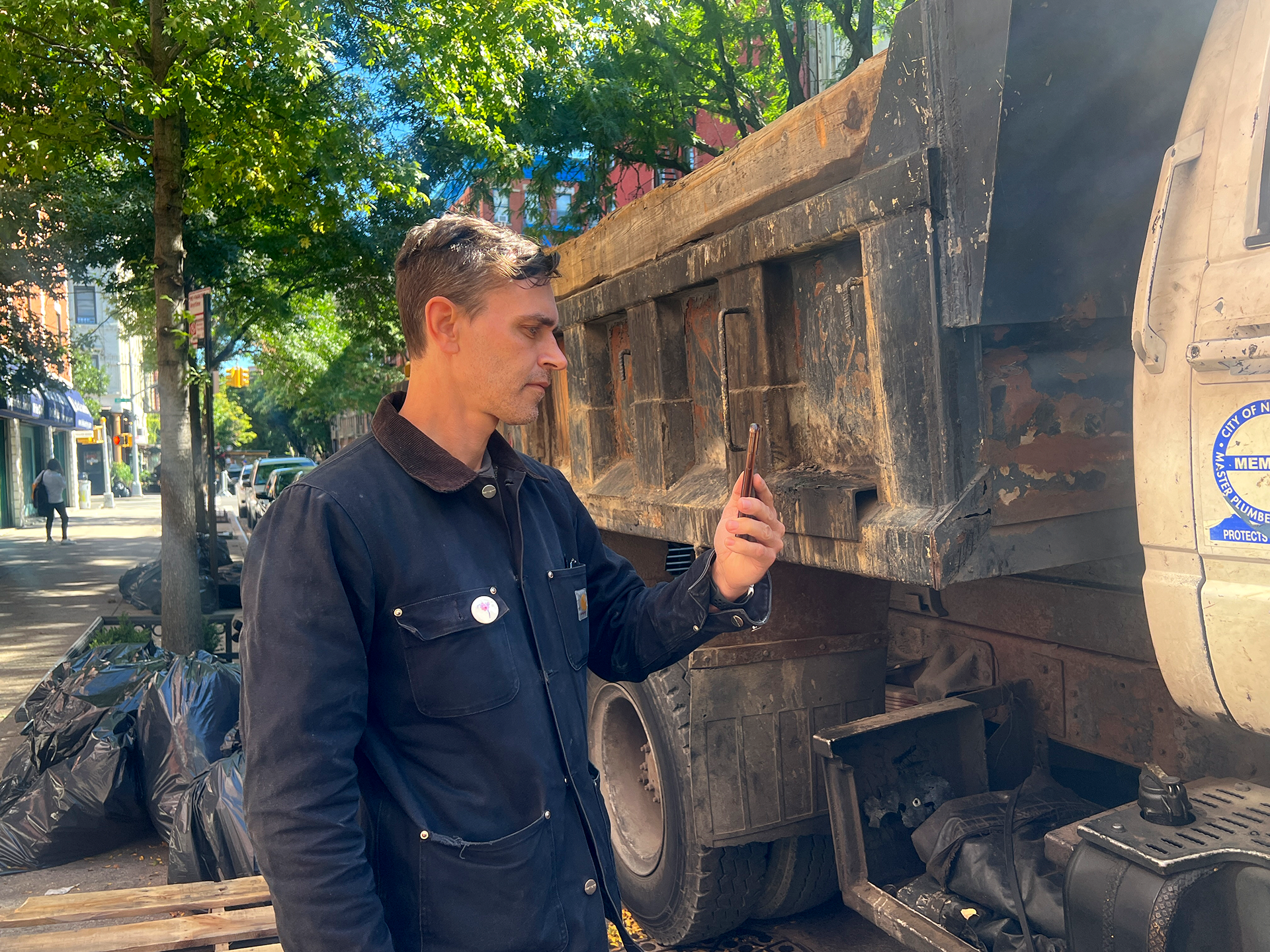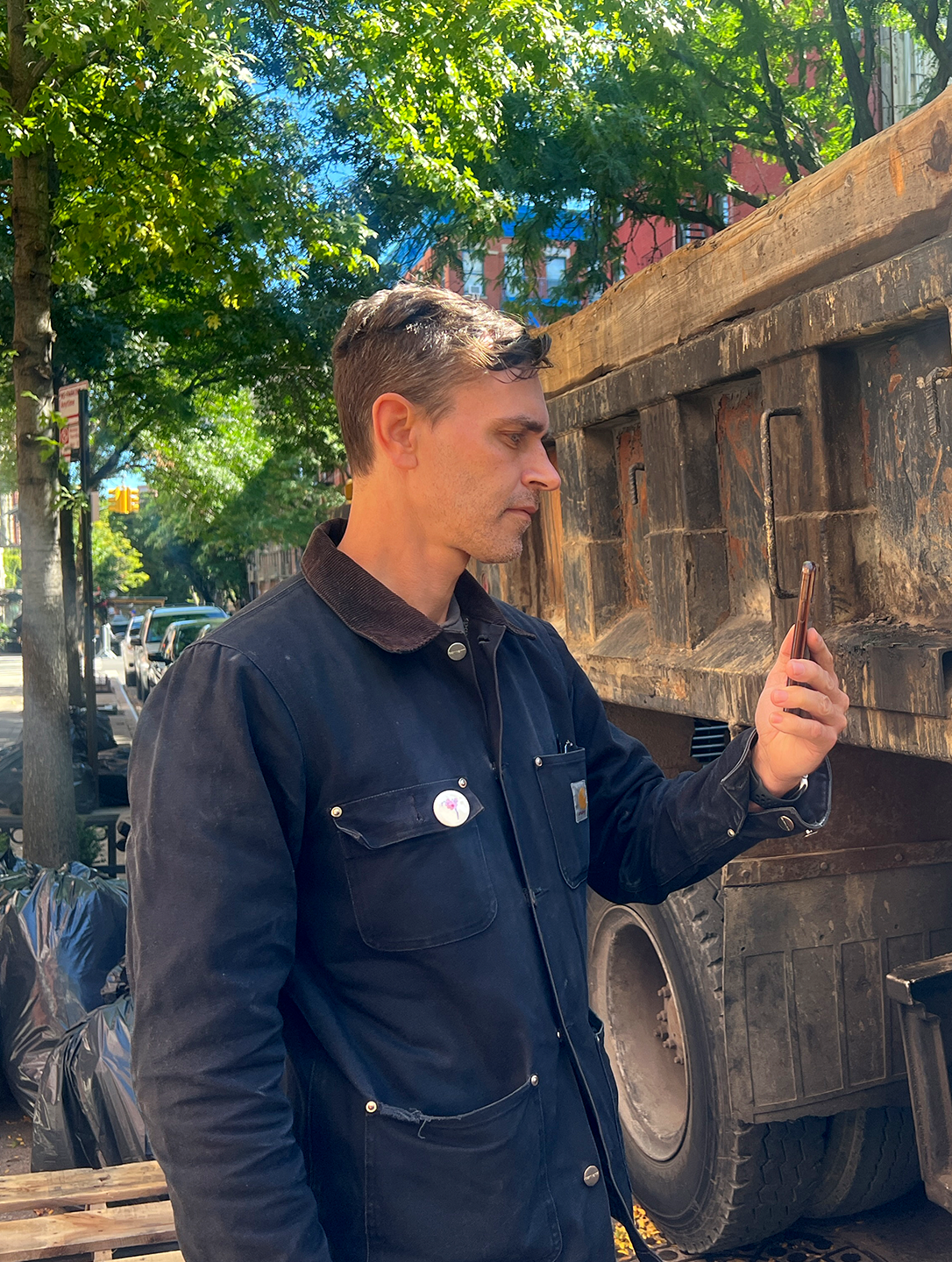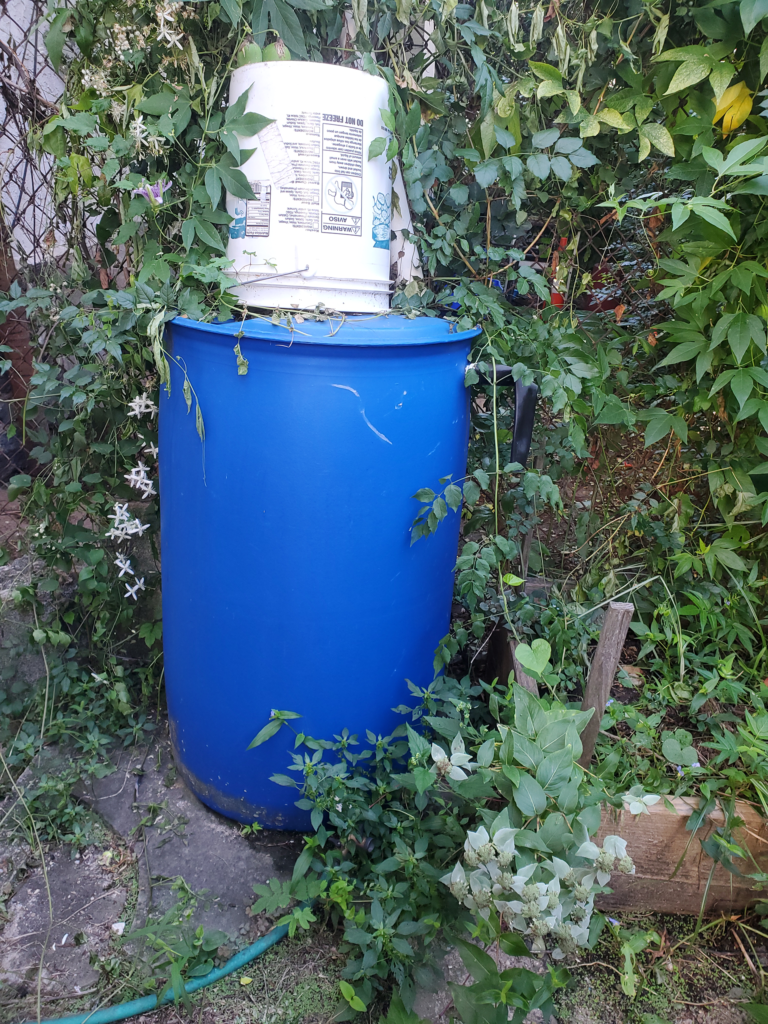Imagine walking through Center City and, on every single block, there’s a loud, deafening noise and visible and malodorous emissions emanating from a large box. You call 911 to report it, but, even though they say someone will come check, no one ever shows up. You investigate further and see many online comments about it; people have the same concerns as you, and the City has not done anything to stop it.
The large offending boxes are, of course, the ubiquitous idling vehicles plaguing Philadelphia. Every day there are countless idling vehicles throughout the city spewing dangerous, cancer-causing and poisonous pollution and creating significant noise. It is unlawful to idle any vehicle in Philadelphia for more than three minutes, and, if the vehicle is heavier than 8,500 pounds, then the limit is two minutes (or zero minutes for layovers). And it is unlawful to emit more than 80 decibels of noise from a vehicle.
Despite having one of the strictest anti-idling laws in the country, Philadelphia issues very few tickets. According to a right-to-know request I filed in 2014, only 50 tickets were issued that year, and I doubt much has changed. In Philadelphia there are three agencies that can ticket idling vehicles: the police, the Philadelphia Parking Authority (PPA) and Air Management Services (AMS). There seems to be little desire by the police to enforce this (and actually many people cite police as among the worst mass idlers); in a meeting years ago I learned that PPA does not train their agents to write idling tickets (I even had to show some PPA street staff how to find the code on their handheld machines), and AMS has such limited funding and so few inspectors that it is virtually impossible for them to enforce the law or even get to the idling incident in time.
This program has become so successful that many trucking companies have stopped idling.
So what can Philadelphia do to solve this massive, yet rarely enforced violation? One of the best solutions is what New York City has done: allow citizens to report the violation and then receive a portion of the fine collected. In NYC, a citizen can submit a video of an idling commercial vehicle, and, if a ticket is issued, that citizen is entitled to 25% of the money NYC collects. The reason why NYC decided to allow citizens to be part of this solution is that, exactly like Philadelphia (and every other municipality around the world), it is very difficult to enforce public health laws like these. In 2017, the year before NYC began to accept citizen reports, it issued an astoundingly low 455 tickets. Now, almost five years into the citizen enforcement program, NYC is on track to issue 40,000 idling tickets. This comes out to about $16 million (75% to NYC and 25% to the reporters).
This program has become so successful that many trucking companies have stopped idling, and it is not uncommon to see stickers on the trucks warning the drivers against idling. This reduction is hugely beneficial to the communities where the idling occurs, the drivers who breathe in the exhaust all day, and the companies who pay for this wasted fuel. It may seem counterintuitive to suggest that issuing a ticket to a company would be beneficial to that company, but most companies are likely not aware of the unlawful idling, and, once alerted, they would be more than happy to save money on the fuel.
Based on the huge success in NYC, two other major U.S. cities are rolling out programs of their own. Both Washington, D.C., and Los Angeles have determined that a citizen-based reporting system is the best — and likely only — way to solve the extremely damaging idling problem their communities face.










